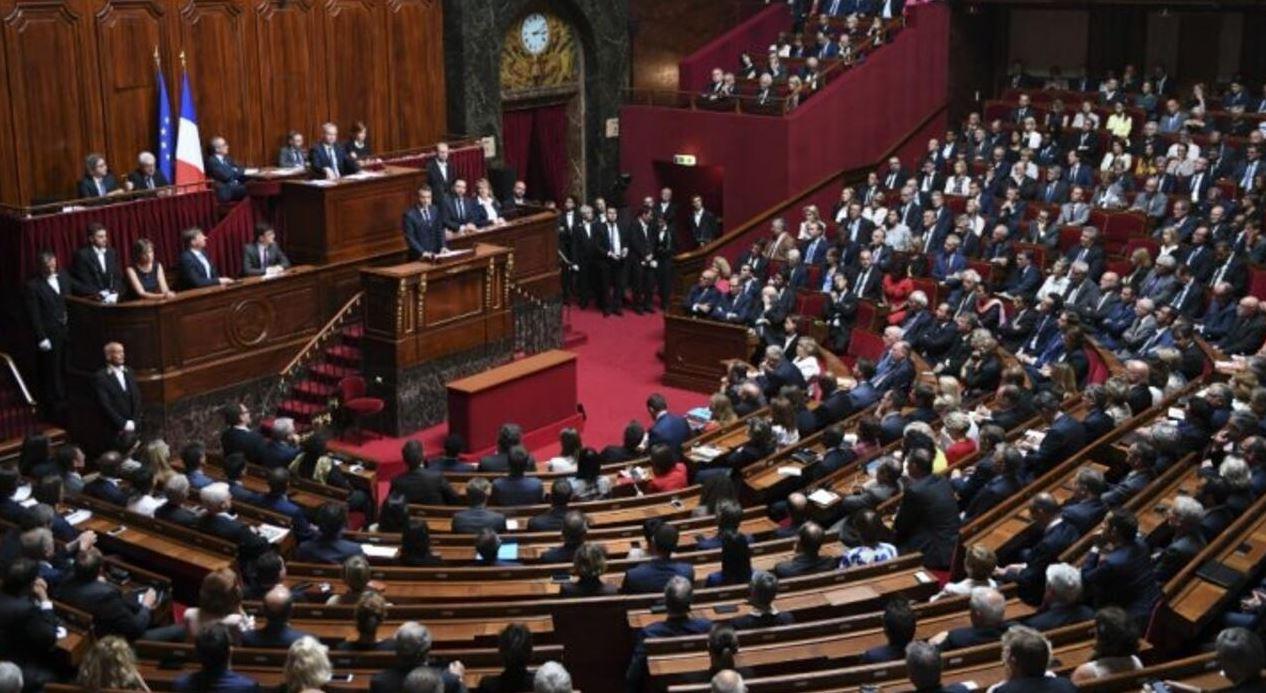
The French Senate (the upper chamber of parliament) adopted the draft immigration law presented by Interior Minister Gerald Darmanin by a majority of 210 votes to 115 votes, after some of its provisions were significantly tightened, amid objection from political and human rights groups who considered that passing the law would lead to shrinking foreigners’ rights, and increasing the number of deportations.
It is expected that the draft law will be referred to the General Assembly (House of Representatives) to decide on it as of next December 11 and to complete the voting process on it.
The text, which was submitted for an official vote on Tuesday, November 13, includes items such as canceling the medical aid provided by the state to immigrants, tightening the conditions necessary for “family reunification” system, revoking the “right to land,” and setting immigration quotas every three years.
These provisions were not mentioned in the initial text submitted by the government, which senators significantly amended last week.
The project, which was referred to Parliament after its approval by the Council of Ministers, is considered the second of its kind during the rule of French President Emmanuel Macron, and comes in light of fears expressed by a number of immigrants regarding what is included in the law, while the French government confirms that it does not only aim to strengthen combating irregular migration, but also “protecting the rights of workers and migrants.” According to the “InfoMigrants” website.
The new draft immigration law raised concern among a number of agencies and bodies concerned with asylum issues, as they considered that it aims to reduce the rights of foreigners on French soil. In addition to the requirement to know the language and adhere to the principles of the Republic, the law will seek to increase the number of deportations from the country and expel those who are classified as a “threat to public order.”
It also reintroduced the law “to refuse, withdraw or not renew residence permits” for those found not to comply with “the values of the Republic, including gender equality and freedom of sexual orientation…” In addition, law enforcement forces (according to the proposal) would be allowed to use “Coercion to obtain fingerprints and photographs of foreigners residing irregularly in the country.”
Although the draft law includes “harsh” measures against irregular immigrants, the far-right considers it insufficient and considers that it serves the interests of a portion of immigrants.





